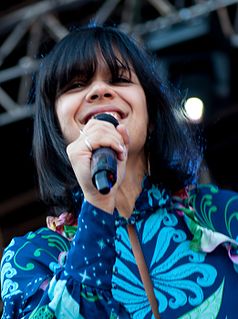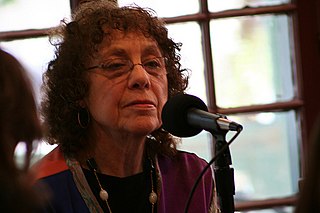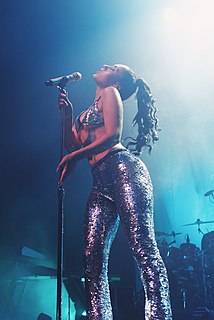A Quote by Fred Kaplan
I started out as a writer of fiction, but nobody wanted to publish my work as a young man. So I decided to put my interest in the narrative writing of biographies.
Related Quotes
I started out in graduate school to be a fiction writer. I thought I wanted to write short stories. I started writing poems at that point only because a friend of mine dared me to write a poem. And I took the dare because I was convinced that I couldn't write a good poem... And then it actually wasn't so bad.
Writing fiction is very different to writing non-fiction. I love writing novels, but on history books, like my biographies of Stalin or Catherine the Great or Jerusalem, I spend endless hours doing vast amounts of research. But it ends up being based on the same principle as all writing about people: and that is curiosity!
By this point, it was clear she wasn't interested in continuing the relationship. What publication on earth would continue a relationship with a writer who would refuse to discuss her work with her editors? What publication would continue to publish a writer who attacked it on TV? What publication would continue to publish a writer who lied about it - on TV and to a Washington Post reporter? ... It's true: Ann is fearless, in person and in her writing. But fearlessness isn't an excuse for crappy writing or crappier behavior.
If you can still write in spite of the fact that you're not getting paid, that nobody cares about what you're writing, that nobody wants to publish it, that everybody is telling you to do something else, and you still want to and you still enjoy it and you can't stop doing it...then you're a writer.
I was trained mainly as a short story writer and that's how I started writing, but I've also become very interested in non-fiction, just because I got a couple of magazine jobs when I was really poor and needed the money and it turned out that non-fiction was much more interesting than I thought it was.

































